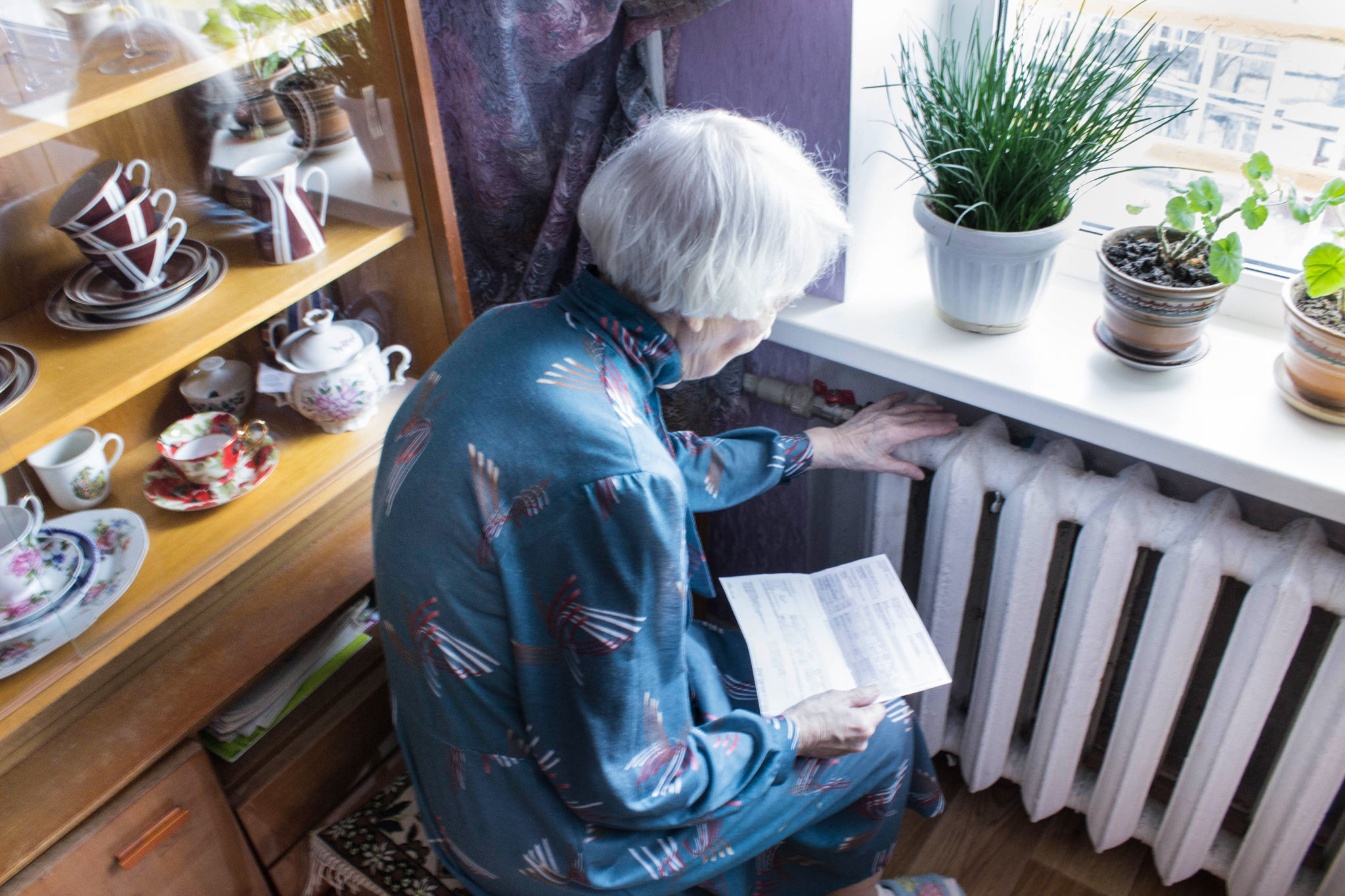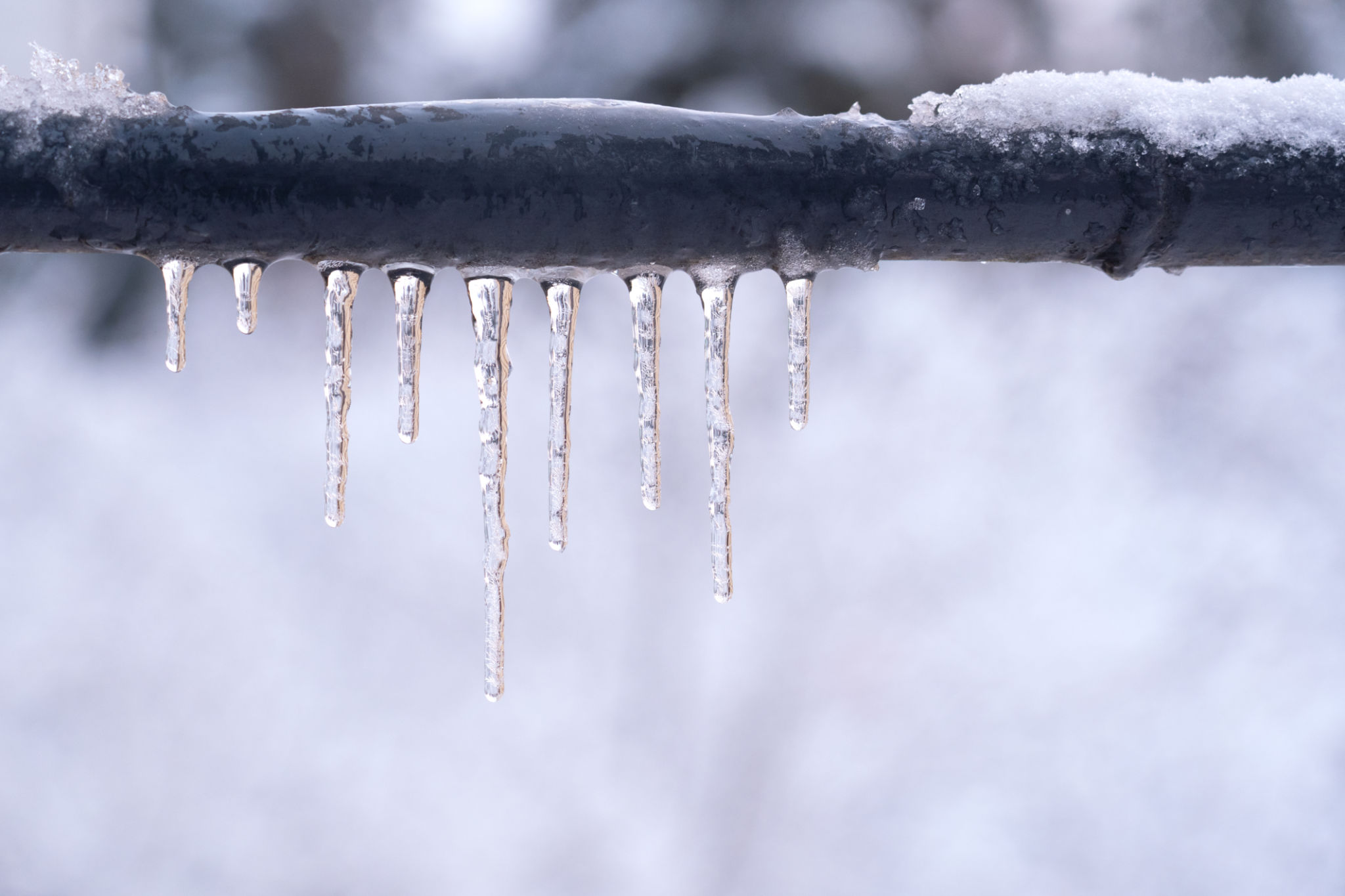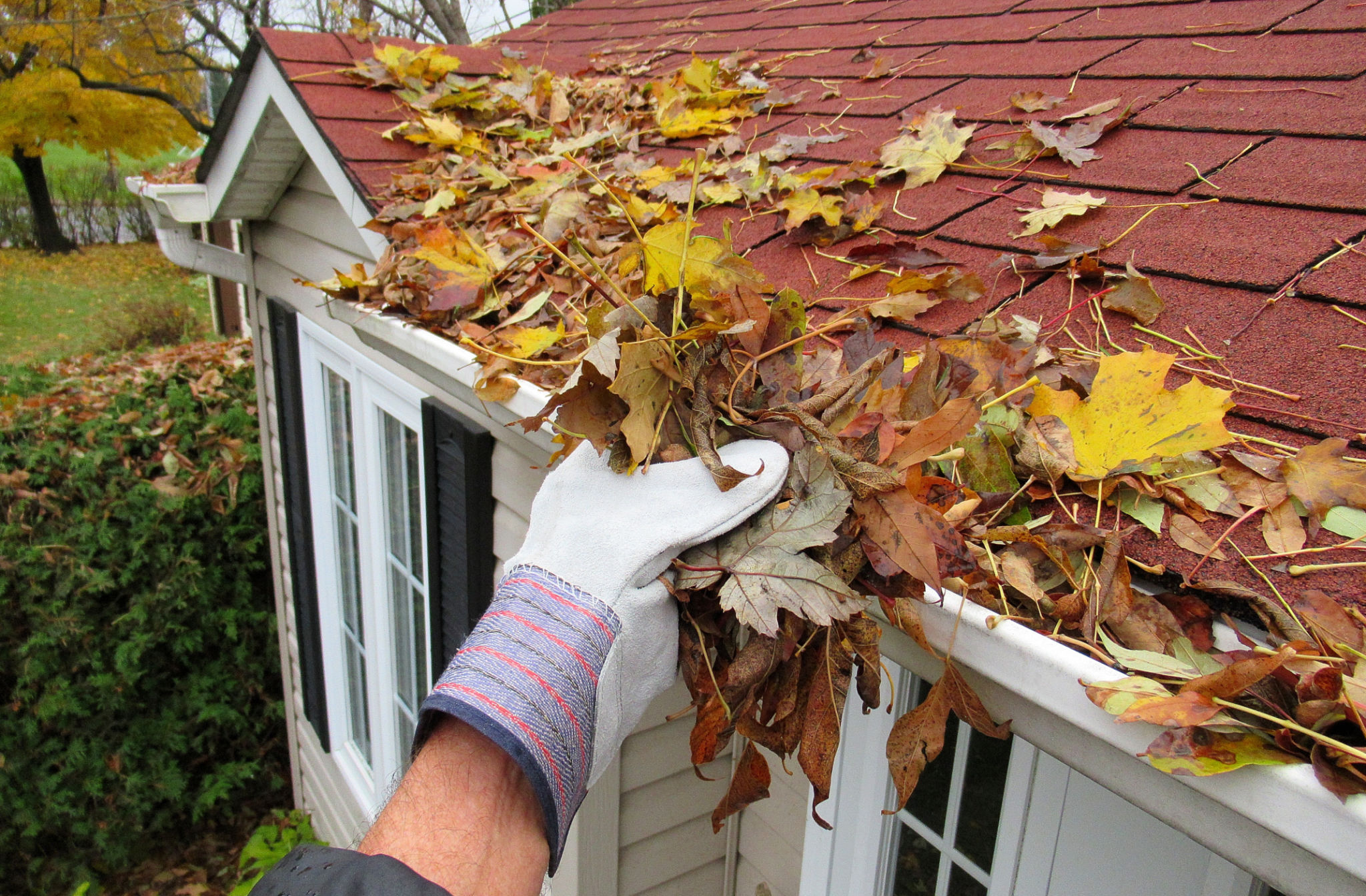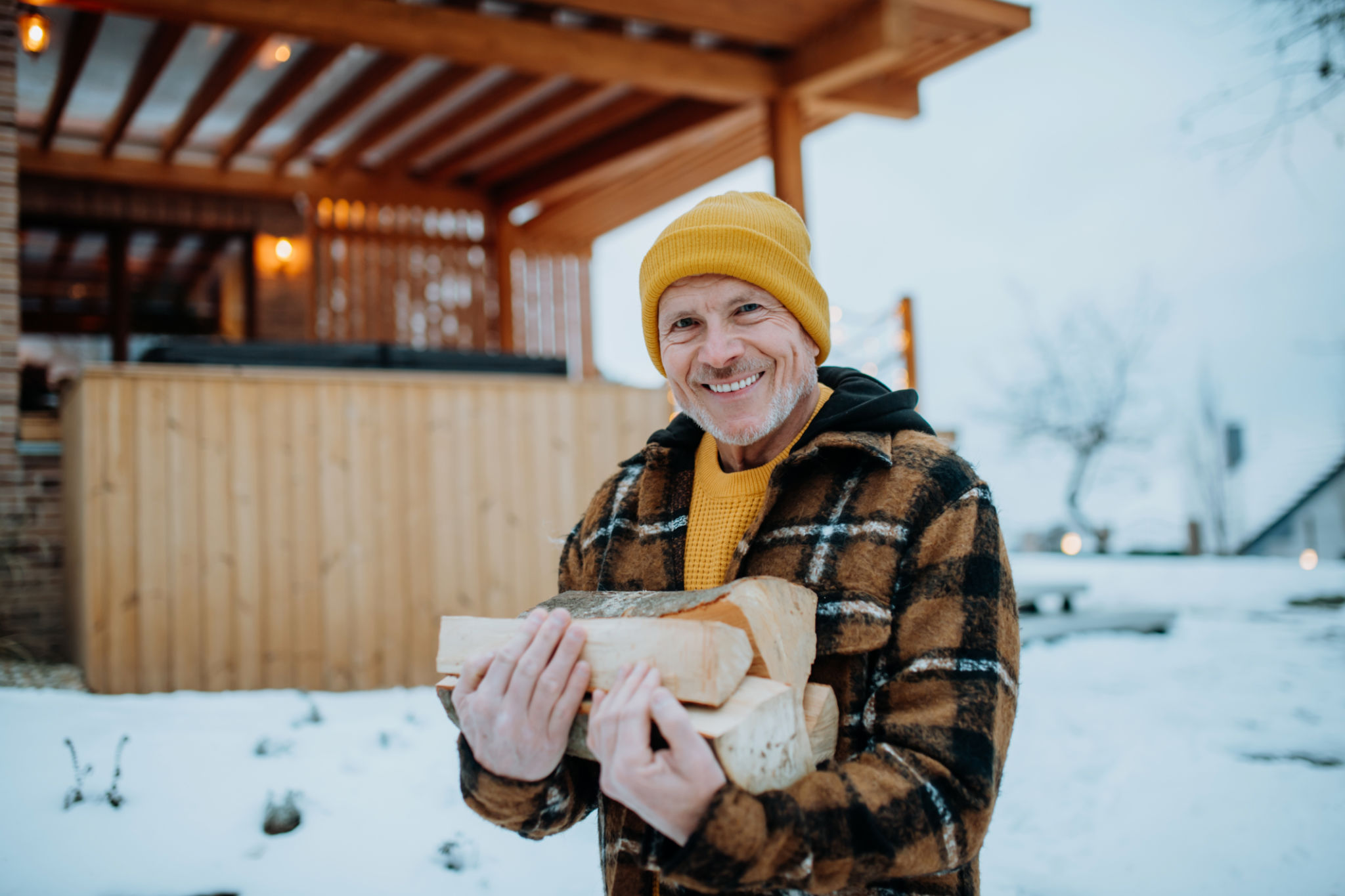Preparing Your Home for Winter: Seasonal Renovation Tips for Long Island Residents
Insulating Your Home for Winter
As the temperatures begin to drop, ensuring that your home is well-insulated becomes crucial. Proper insulation not only keeps your home warm but also helps reduce energy bills. Check the insulation in your attic, walls, and floors. Consider adding more insulation if you notice drafts or if your energy bills are unusually high.
Seal gaps around windows and doors with weatherstripping or caulk. This simple step can prevent cold air from entering and warm air from escaping, enhancing your home's energy efficiency.

Heating System Maintenance
Before the winter chill sets in, it's essential to have your heating system inspected and serviced by a professional. Regular maintenance ensures that your furnace or boiler operates efficiently and can help prevent unexpected breakdowns during the cold months.
In addition to professional maintenance, replace furnace filters regularly to ensure optimal airflow. This simple task can improve heating efficiency and extend the life of your system.

Protecting Pipes from Freezing
Frozen pipes are a common issue during the winter months, and they can lead to costly repairs. To prevent this, insulate exposed pipes in unheated areas such as basements, attics, and garages. You can use foam pipe insulation or heat tape to safeguard your pipes from freezing temperatures.
Additionally, keep cabinet doors open to allow warm air to circulate around plumbing, especially if your sinks are located against an exterior wall. Letting faucets drip slightly can also help prevent pipes from freezing.

Exterior Maintenance
Prepare the exterior of your home for winter by cleaning gutters and downspouts to ensure proper drainage. Clogged gutters can lead to ice dams, which can cause water damage to your home's roof and walls.
Inspect your roof for any damaged or missing shingles and repair them as needed. A well-maintained roof can prevent leaks and other issues during heavy snowfalls.

Winterizing Outdoor Spaces
Don't forget to winterize your outdoor spaces as well. Store patio furniture, grills, and other outdoor equipment in a dry place to protect them from the elements. If you have a deck, apply a weather-resistant sealant to protect it from snow and ice.
Consider adding outdoor lighting to pathways and driveways for safety during the shorter daylight hours. This can also enhance the aesthetics of your home during the festive season.

Emergency Preparedness
A well-prepared home includes a plan for emergencies. Assemble a winter emergency kit that includes essentials like flashlights, batteries, blankets, and non-perishable food items. Having a plan in place can give you peace of mind during power outages or severe weather events.
Ensure that smoke detectors and carbon monoxide detectors are functioning correctly. These devices are vital for keeping your family safe as you rely more on heating sources during the winter months.